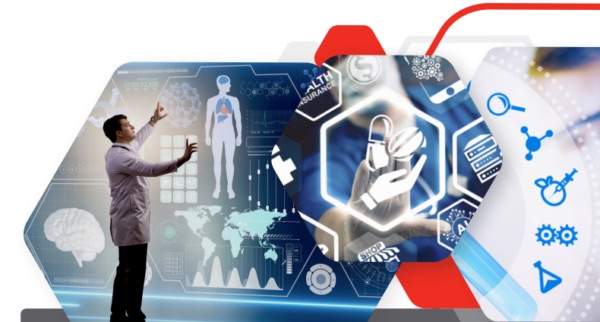Artificial Intelligence and Clinical Trials Implications for Patients, Investigators, Institutions
30 Novembre 2018 Sala “Epson”, Politecnico di Milano – via Giovanni Durando, 39, 20156 Milano
30 novembre 2018 – Automation and information technology have redefined many aspects of our lives, it is therefore not unexpected that major technology companies are investing in the development of Artificial Intelligence (AI) for healthcare and research. AI technology, combined with big data, hold the potential to solve many key clinical trial challenges. These include increasing trial efficiency through better protocol design and study management.
Data-driven protocols and strategies powered by advanced AI algorithms, processing data collected from mobile sensors and apps, electronic medical and administrative records, and other sources have the potential to reduce trial costs. We are therefore witnessing the development of what we would call Smart Research Engineering.
Nevertheless, the extensive adoption these innovations does present technological and ethical challenges. These will be among the subjects debated during this workshop, with a panel of experts in the field.
Agenda
2.00 pm Welcome and Opening Remarks Stefano Mainetti
2.15 pm Where were we? Videosummary for the 18.9.2018 meeting Massimo Beccaria, Giuseppe Recchia
2.30 pm #AI4RD Artificial Intelligence and Research of new medicines Antonio Pelliccia
3.00 pm #AI4RCTs Artificial Intelligence and Clinical Trials Francesco Tenuta
3.20 pm Artificial Intelligence to discover and develop new medicines: Patients’ Fears and Expectations Luca Patelli
3.40 pm Artificial Intelligence to discover and develop new medicines: Investigators’ Fears and Expectations Eugenio Santoro
4.00 pm Artificial Intelligence and Clinical Trials: implications for the Hospital and the Research Site Carlo Nicora
4.20 pm #ELSI Ethical, Legal and Social Implications of Artificial Intelligence in health research Pietro Refolo
4.40 pm Machine Learning and Digital Therapeutics #DTx Duilio Macchi
5.00 pm #AI4ICE – A new Artificial Intelligence system for Clinical Trial Optimization Davide Tarantola
5.30 pm Panel Discussion and Q&A Session Prepare for the Intelligent Trials: #AI comes to Clinical Trials Giuseppe Recchia, Massimo Beccaria, Enrico Caiani, Duilio Macchi, Carlo Nicora, Luca Patelli, Antonio Pelliccia, Pietro Refolo, Eugenio Santoro, Davide Tarantola, Francesco Tenuta 6.30 pm Chairmen’s Conclusions G. Recchia, M. Beccaria










